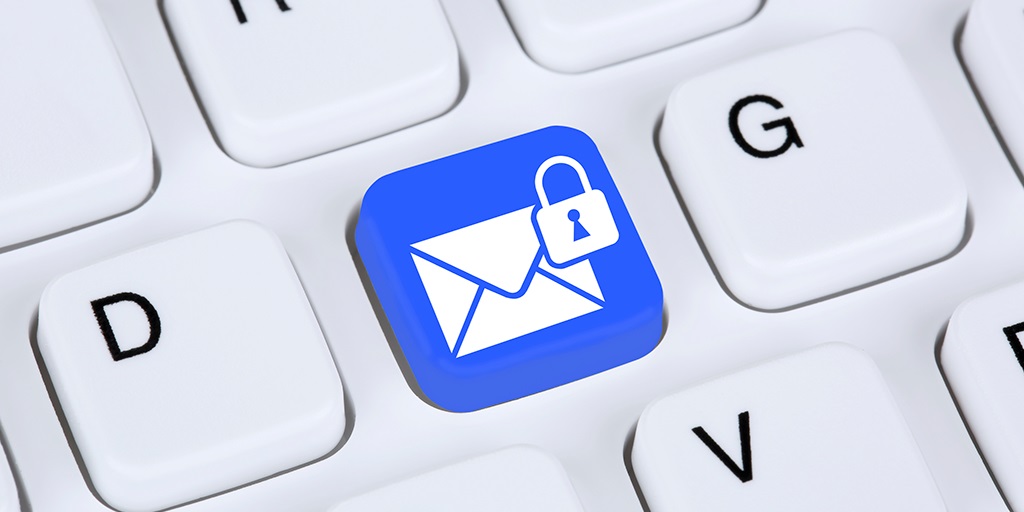Email, a communication tool used for decades, has revolutionized communication. However, its design lacked robust security measures. Here are some key reasons why email is a weak link when it comes to sending sensitive information:
- Vulnerable to hacking – Email accounts are frequently targeted by hackers and cybercriminals. Weak or reused passwords, phishing attacks, and malware infections contribute to the high rate of successful hacking attempts. Once an email account is compromised, sensitive information is accessed, and your entire contact list becomes vulnerable.
- Data storage concerns – Email service providers typically store your emails and attachments on their servers. This centralization creates a tempting target for hackers, as a single breach exposes vast data. Additionally, it would help to have more control over how long your data is retained, increasing exposure risk.
- Lack of control – Once you send an email, you have limited control over how the recipient handles the sensitive information it contains. They may forward it to unauthorized individuals, store it insecurely, or leave it accessible on an unsecured device. This lack of control over your data can lead to unintended exposure.
Risks of sending sensitive information via email
- Identity theft – Emails containing personal information, such as Social Security numbers, dates of birth, or financial data, can be a goldmine for identity thieves. If hackers gain access to this information, they assume your identity or that of your customers, leading to financial loss and reputational damage.
- Reputational damage – A sensitive information breach severely damages your company’s reputation. It erodes trust with your customers, partners, and stakeholders, leading to lost business opportunities and a decline in public perception.
- Financial loss – Data breaches result in direct financial losses, including the cost of investigating and containing the breach, notifying affected individuals, providing credit monitoring services, and paying fines or legal fees.
Alternative solutions for sending sensitive information
- Secure messaging apps – Designed to focus on privacy and security, secure messaging apps offer end-to-end encryption, self-destructing messages, and robust user permissions. These apps ensure that your sensitive information is protected during transmission and storage.
- Virtual data rooms (VDRs) – VDRs provide a highly secure online repository for sensitive information. They are commonly used for due diligence in M&A transactions, intellectual property management, and board communications. VDRs offer robust access controls, data encryption, and audit trails.
- Cloud-based file-sharing services – Reputable providers offer secure platforms for sharing sensitive files. These services typically include encryption, password protection, and remote data-wiping capabilities.
- Password-protected archives – If you must use email, consider sending sensitive information in a password-protected archive, such as a ZIP file with AES encryption. This adds an extra layer of security, ensuring that only authorized individuals can access the contents.
- Secure web forms – For collecting sensitive information from customers or employees, consider using secure web forms that employ SSL/TLS encryption. Ensure that any data collected is stored securely and complies with relevant regulations. Visit notesonline.com for more info about online notes.
By understanding the limitations of email and adopting more secure alternatives, such as secure messaging apps, virtual data rooms, or cloud-based file-sharing services, you better protect your sensitive information and maintain confidentiality.












